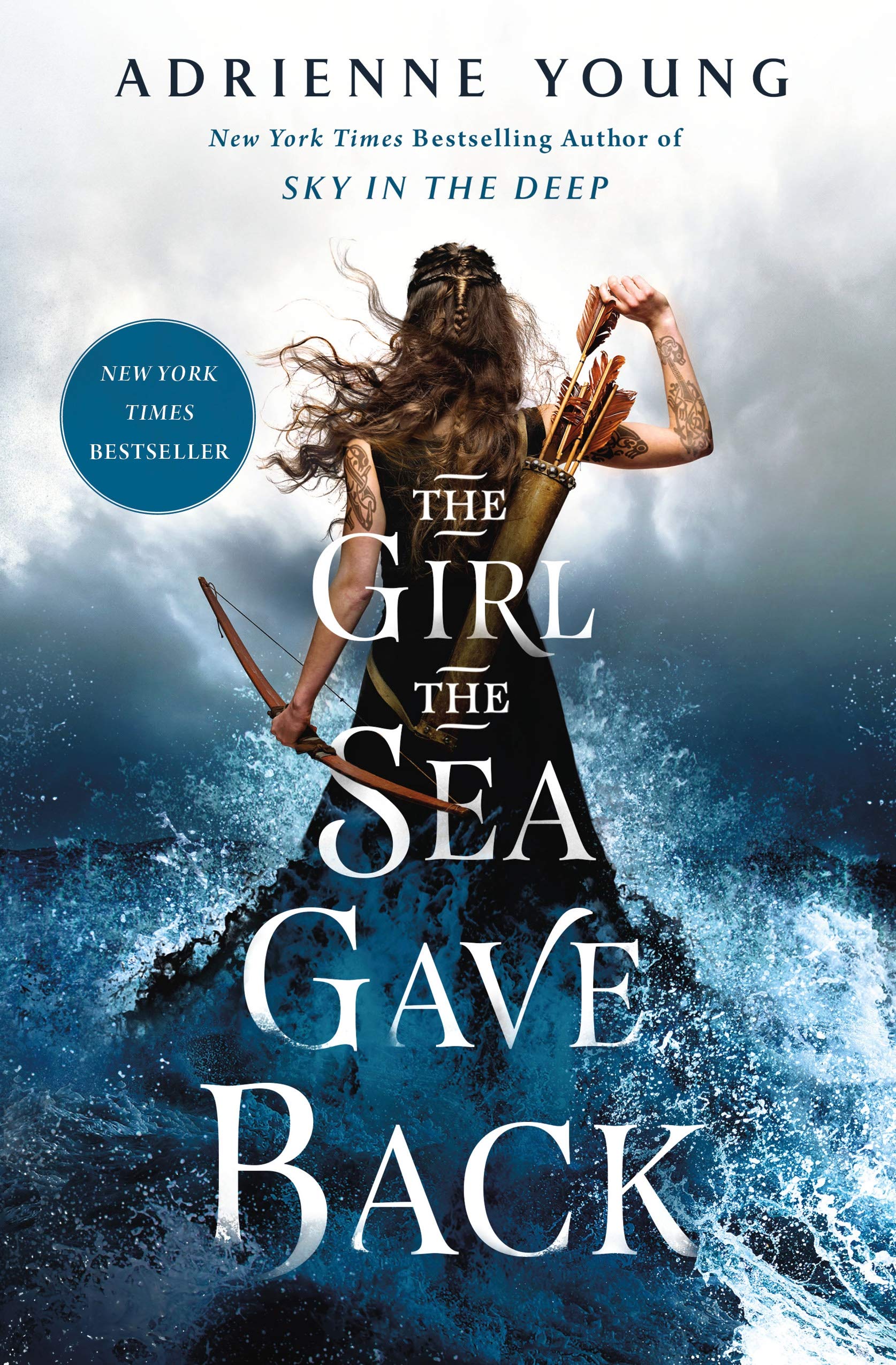
Photo by Ed Robertson on Unsplash
The Short List is the list of books that I read in a given month, but for one reason or another, I didn't write a full review for. I still wanted to be able to talk about these books, and I've found that this format is the easiest way to do so.

The Devil In the White City by Erik Larson
Blurb: Two men, each handsome and unusually adept at his chosen work, embodied an element of the great dynamic that characterized America’s rush toward the twentieth century. The architect was Daniel Hudson Burnham, the fair’s brilliant director of works and the builder of many of the country’s most important structures, including the Flatiron Building in New York and Union Station in Washington, D.C. The murderer was Henry H. Holmes, a young doctor who, in a malign parody of the White City, built his “World’s Fair Hotel” just west of the fairgrounds—a torture palace complete with dissection table, gas chamber, and 3,000-degree crematorium. Burnham overcame tremendous obstacles and tragedies as he organized the talents of Frederick Law Olmsted, Charles McKim, Louis Sullivan, and others to transform swampy Jackson Park into the White City, while Holmes used the attraction of the great fair and his own satanic charms to lure scores of young women to their deaths. What makes the story all the more chilling is that Holmes really lived, walking the grounds of that dream city by the lake.
My Thoughts: This was a re-read for me, so the story wasn't able to surprise me. That being said, this feels like it's two separate books. One accounting the story behind the World's Fair in Chicago, and another about H.H. Holmes crimes as one of America's first serial killers. It's understandable why both stories could be told together, but they do feel a bit disconnected. The writing itself is good and Larson did an extensive amount of research, but this wasn't my favorite read. It's an interesting read, even if the two plots feel disjointed at times.

Gheist by Richard Mosses
Blurb: After losing a card game to Las Vegas gangster Danton, Kat McKay is kidnapped, her heart removed from her chest. Bizarrely, Kat wakes up with a newfound power: she can see the dead. Together with a motley crew of criminal ghosts, including mobster Clint, stage magician Melchior and hitman Jack The Knife, she sets on a quest to restore their freedom - and her heart. But who is worthy of her trust, and can she regain what was taken from her?
My Thoughts: This book has a great premise but not a good execution. From the description, I thought it would be more interesting than it was. The story was slow to start off, and even after the inciting incident, things moved slower than I would've liked. There was a great deal of focus on side character's backstories that I didn't feel were that important. I was expecting Ocean's Eleven, but with ghosts and instead, the story was a normal heist story with very little supernatural elements thrown in.


Crisis on Infinite Earths Giant #1 and Crisis on Infinite Earths Giant #2
Summary: Between December of 2019 and January of 2020, the CW's Arrowverse had its big crossover event, Crisis on Infinite Earth, which they've been building towards for six years. These two comics are a tie-in for that event, with two all new stories, and are also a reprint of some issues from the original Crisis on Infinite Earths event.
My Thoughts: I'm a big comic book fan. I'm also a big fan of Arrow. While I have some strong opinions about the "Crisis on Infinite Earths" television event, I did enjoy these two comics.

E=MC2: A Biography of the World's Most Famous Equation by David Bodanis
Summary: This book outlines the history of Einstein's famous formulation, which was overlooked when he released it in 1905, and delves into how groundbreaking such a simple equation has been, the discoveries made as a result of its application and what it means to our understanding of the universe and the future of said universe.
My Thoughts: This was a re-read for me. I first read this book in high school and remember thinking how cool it was that E=mc² led to such a diverse range of discoveries. Reading it now as a college graduate with a degree in math and having taken higher-level physics courses, I can fully both understand and enjoy the content of this book. It's an interesting read, especially for anyone with an interest in physics, and poses some thought-provoking questions towards the end.
Those were all of the books I completed in February but did not write a full review for. What are some books that you read this months? Any recommendations?
![Odriel's Heirs by [Chow, Hayley Reese]](https://images-na.ssl-images-amazon.com/images/I/417ID7is0zL.jpg)













